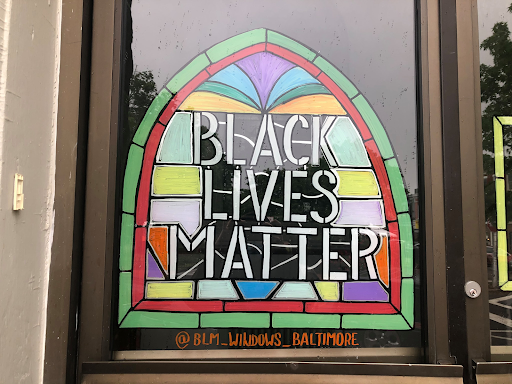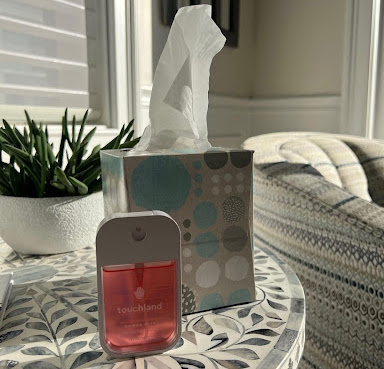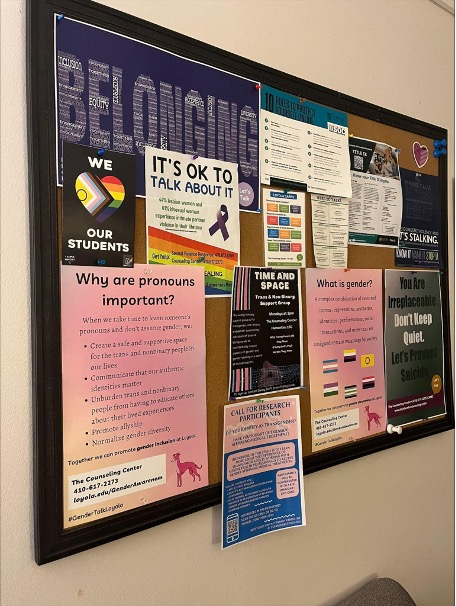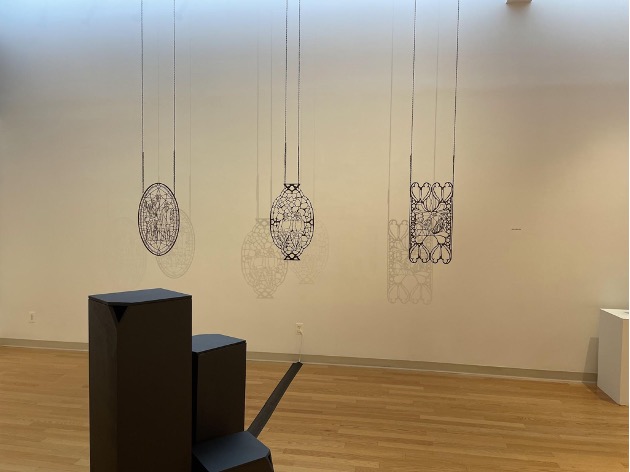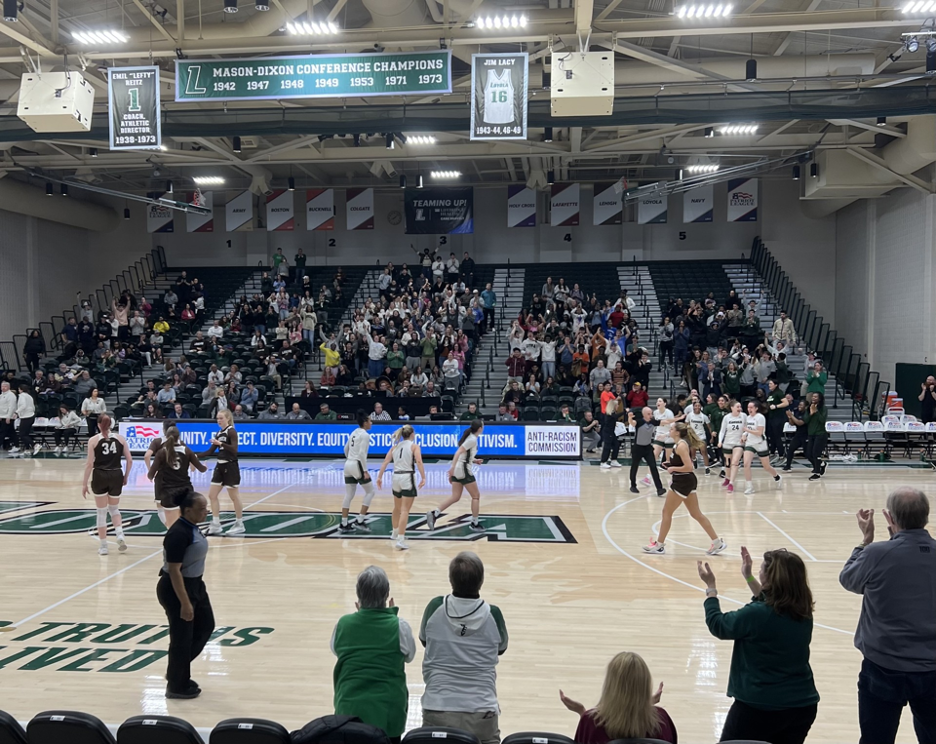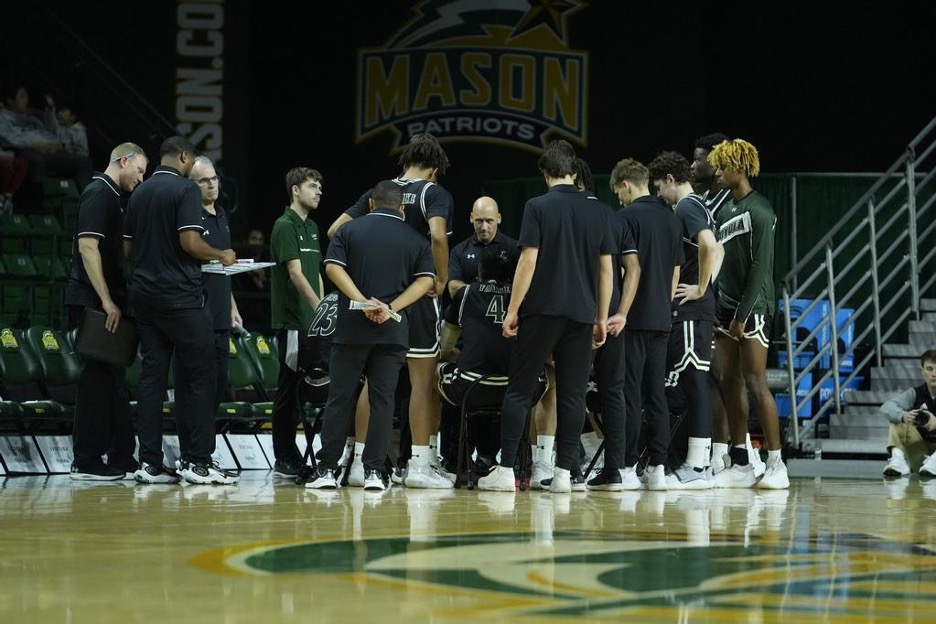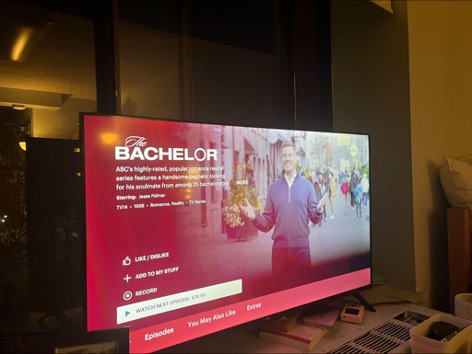It would be remiss to breach the topic of sexual assault without also addressing the part that alcohol plays in such incidents, especially when those incidents occur on college and university campuses.
Colleges, universities, lawmakers and activists all find themselves on the same page, for once, when it comes to changing the culture and discussing sexual assault. But what happens when the discussion isn’t being had?
This past week, The Greyhound reported on a sexual assault that occurred in a campus residence hall. The incident marked the second of its kind in less than a month. This reporting was the first news the majority of students heard about the incident, and many students felt that the University owed it to them to disclose the basic information about the event.
The backlash was substantiated, students felt, on the fact that an email was sent about the first incident in September, but one was not sent following the most recent incident. Dr. Sheilah Shaw Horton, vice president for student development and dean of students, responded with an email to students detailing the reasoning.
“The Clery Act of 1998 requires higher education institutions to issue ‘timely warning’ notices to the campus community about certain reported crimes, including sexual assault, that are considered by the institution to represent a serious or ongoing threat to students and employees,” Horton wrote. She also directed students to the University’s sexual misconduct policy in the Community Standards handbook.
Rumors began circulating that the University was trying to cover up the incident, even despite following proper protocol for reporting, as outlined by the Clery Act. Many felt that it went against the values of the University to not disclose any details.
Angelica Puzio, director of student equity for the student government association, said, “If we’re not even having the dialogue about sexual health, sexuality, how can we talk about it when someone is harmed?”
Horton said that it is “absolutely not” a moral obligation of the University to tell the student body about such incidents. “When the community is at risk, absolutely we should communicate,” she said. “But when an incident occurs between two people it is very much something that those two people have to deal with, that the institution has to deal with, but it’s not something that should be broadcasted to the community just as a matter of course.”
News of the two reported assaults in a campus residence hall comes at a time when other universities face some major media attention in the wake of sexual assault cases or related incidents.
Florida State University is facing scrutiny for failing to investigate the case of Jameis Winston, a Heisman-winning, national-title-holding football player who allegedly raped a female student in 2012 while she was walking home from a local bar.
A fraternity at Texas Tech had its charter revoked after prominently displaying a sign reading, “No means yes, yes means anal” at a party. A cardboard cutout in the shape of a woman’s open legs spraying water from a hose or sprinkler was also featured at the party; it was placed on the roof, and partygoers affectionately called the display a “vagina sprinkler.”
In both instances, alcohol plays as large a part in the sexual assault dialogue.
Horton noted that, in almost every case of sexual assault she has seen in her 25 years of doing this work, “alcohol is a major factor.” She acknowledged the “bar school” culture at Loyola and the other illegal factors that play into it, like a “number of fake IDs” in the first-year and sophomore classes.
“I have a real concern,” Horton said. “Almost every alcohol transport we’ve seen this year has come out of one of those two bars [on York Road]. It’s bad enough that they let [underage students] in, but if they were being responsible about the ways in which they serve the alcohol, students wouldn’t be rolling out of there needing to go to the hospital. They are over-serving these students. They are not being responsible bar owners and our students are suffering.”
Horton also wanted to get this message to students. “Why are you letting these bar owners take advantage of you? They’re taking your money and allowing you to drink to the point of it not even being fun anymore.”
If the culture of drinking in excess factors into the culture of sexual assault and rape, Horton said that it is really up to the students to make a change. “At the end of the day, administrators can talk all day long, but it’s the students that are with you when you’re about to make a mistake whose weight carries the most,” Horton said. “Look out for yourself, but look out for each other and if people do that, not only in terms of sexual assault but also in terms of drinking, we really can change the culture.”
If you or anyone you know has been sexually assaulted and you would like to talk about it, contact the Counseling Center at (410) 617-CARE (2273).


















